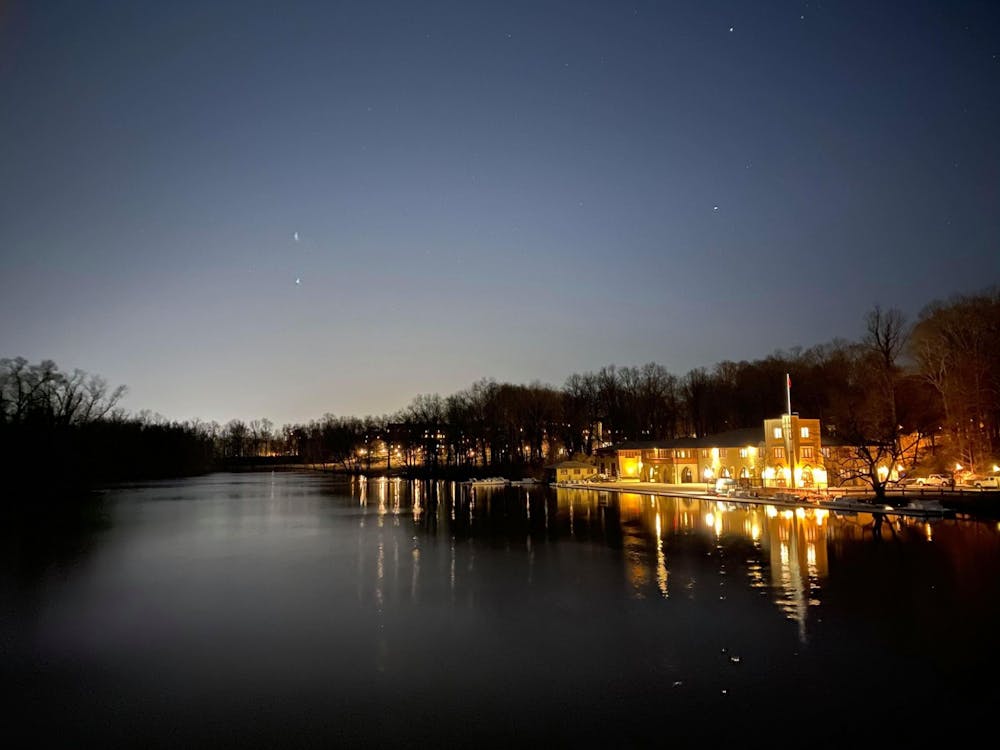Tragedy struck East Palestine, Ohio last month when a Norfolk Southern freight train carrying 115,580 gallons of vinyl chloride derailed. Although the derailment resulted in no direct injuries, it has evolved into one of the largest ecological disasters on the rails in recent memory. In an attempt to prevent greater environmental damage and to quickly restore the railroad, Norfolk Southern intentionally burned the chemicals in the derailed cars in what officials called a “controlled release.” Unfortunately for East Palestine, a village of roughly 4,700 residents, vinyl chloride has been classified as a carcinogen by the U.S. Department of Health and Human Services.
Norfolk Southern and the federal Environmental Protection Agency say the area surrounding the derailment is safe. Yet, some residents have already been diagnosed with illnesses directly linked to chemical exposure, like bronchitis, while many more report symptoms of headaches, rashes, and trouble breathing. An independent investigation found “nine air pollutants at levels that, if they persist, could raise long-term health concerns in and around East Palestine.” The lasting effects of the derailment are still unknown. These health effects are not far-off misfortunes but are also threats to New Jersey communities because of the undue political influence that railroad companies yield.
These freight rails are closer to Princeton than you might realize: Norfolk Southern operates a freight line a mere seven miles from campus. The line runs parallel to the Delaware and Raritan Canal, of which Lake Carnegie is a tributary, and through the nearby towns of Windsor and Cranbury. After the Trump administration relaxed freight rail regulations, including eliminating a rule requiring safety breaks and lifting the ban on transporting liquefied natural gas via rail, freight rail ventures in New Jersey have grown significantly. These relaxed regulations that have promoted New Jersey’s toxic rail industry have also been blamed for the derailment in East Palestine. In the Garden State, toxic rail continues to be a booming industry, with a proposal to build a 200-mile-long rail line through South Jersey with a significant natural gas chemical terminal roughly fifty miles south of campus in Gibbstown.
The dangerous conditions that resulted in the East Palestine derailment pose a risk close to campus. However, common-sense precautions have yet to be enacted due to the political power that rail companies possess. Norfolk Southern has spent approximately $80 million on lobbying since 1998, compared to their claimed $11 million in aid to the local East Palestine community in the wake of their negligent derailment. This $11 million figure covers a collection of endeavors including transportation for the East Palestine High School basketball team to their playoff games and purchasing 100 floral arrangements from a local florist. These gestures are nice for the town, but simply serve to distract the community and the watchful eyes of the nation, from the systemic changes necessary for safer rail to prevent future crises.
Just four companies make up virtually the entire national freight railroad industry, and they wield extreme political power in Washington, lobbying the federal government to keep minimal regulations to ensure secure profits. For example, the reason why Norfolk Southern and other rail companies rarely invest in safety improvements is because there is no incentive for them to do so, as the maximum fine for violating railroad safety rules is $225,455, pocket change for companies which rake in over $500 million in annual revenue. While the federal government regulates interstate rail commerce, freight corporations are also highly influential at the state level.
For years, advocates in New Jersey have been attempting to pass statewide legislation to curb the growing toxic freight rail industry in the Garden State. Last year, New Jersey got close to making significant headway in the fight to protect local communities when former State Senator Loretta Weinberg sponsored a bill that would “require [the] owner or operator of certain trains to have discharge response, cleanup, and contingency plans to transport certain hazardous materials by rail.” Norfolk Southern, their allies, and associated political organizations used their undue influence in Trenton to successfully table the bill. As local activist Paula Rogovin recalled, campaigners have “tried since 2014 to get the bill passed, and on the last day of the last session—after it had been through the full Assembly, the Senate, it had passed and then it was just pulled.” Rail companies' political maneuvering successfully protected their profits while endangering residents, and students, in New Jersey. Thankfully, there has been no toxic rail incident in recent years in our state. Still, as yet another derailment in Florida this Tuesday involving a train carrying propane exemplifies, derailments involving toxic materials are common and dangerous.
The New Jersey state government in Trenton must do what it can to keep Garden State residents and students safe. Norfolk Southern tracks are a ten-minute drive from campus, and the proximity of the tracks to the Delaware and Raritan Canal endangers the campus's natural landscape, not to mention the practice grounds of the rowing team. It's time for New Jersey state legislators to step up and break away from the grips of these railroad companies to enact this bill and further safety protections. The “orange bubble” is a part of the New Jersey community, and Princeton students should step up and reach out to lobby our local state officials, as this is our home too. New Jersey must learn from East Palestine, as a potential toxic rail incident is in Princeton’s backyard. As Jessica Conrad, a resident of East Palestine, told CNN, “If you have a train near you or a waterway near you, this is a problem for you too.”
Preston Ferraiuolo is a first-year from Brooklyn, New York, intending to major in the School of Public and International Affairs. He can be reached at prestonf@princeton.edu.








